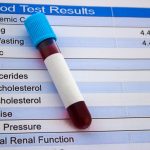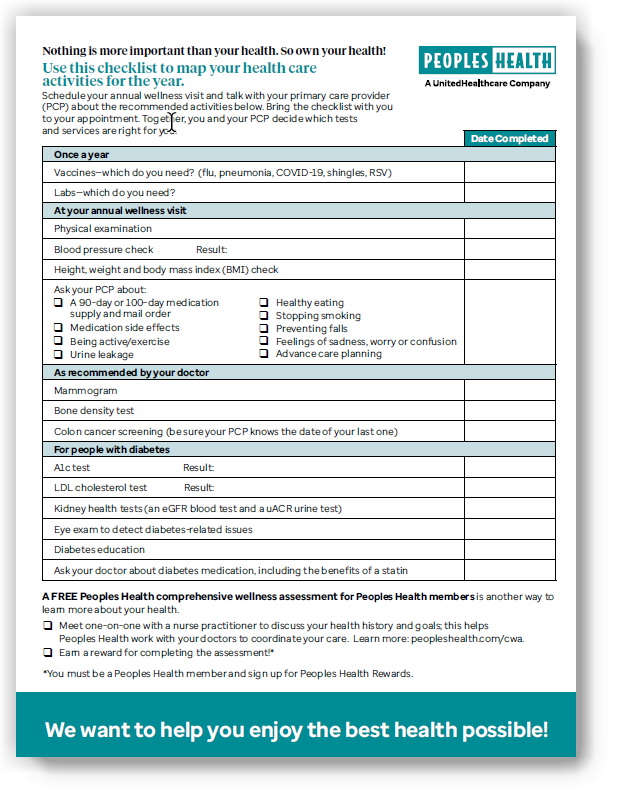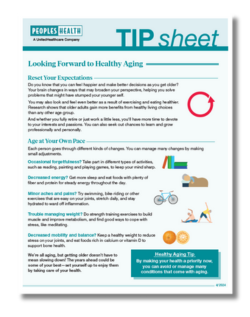When someone asks how we are, we often automatically say, “I’m fine.” But when things aren’t fine, and it’s your doctor asking, this reply may prevent you from getting the care you need.
Have an open conversation
It’s not always easy to talk about depression, anxiety, stress or other problems that affect your emotional, mental or behavioral health. But the first step toward feeling better may be to talk with your primary care physician (PCP) about the issues you’re having. Your PCP can point you to resources that may help. These might include scheduling an appointment with a counselor or therapist, educating yourself about your condition, or developing coping skills.
Mental health is as important as physical health
Deciding to get treatment for any condition—whether physical or emotional—is a sign of strength. It means that taking a leading role in your overall well-being is important to you. You might think you should be able to control mental or emotional problems on your own, so you don’t need to talk with anyone about them. This is not so! Counselors, psychologists and psychiatrists specialize in these types of problems, which are sometimes complex. They can help you figure out your symptoms and can recommend the right tools and treatment.
Take steps toward the care you need
- Connect with others and find a supportive network of family and friends. Being alone with your problem won’t solve it.
- Get comfortable talking to your PCP. Your PCP is your advocate.
- Get treatment. When you understand your condition, you’re better able to find relief from your symptoms.










